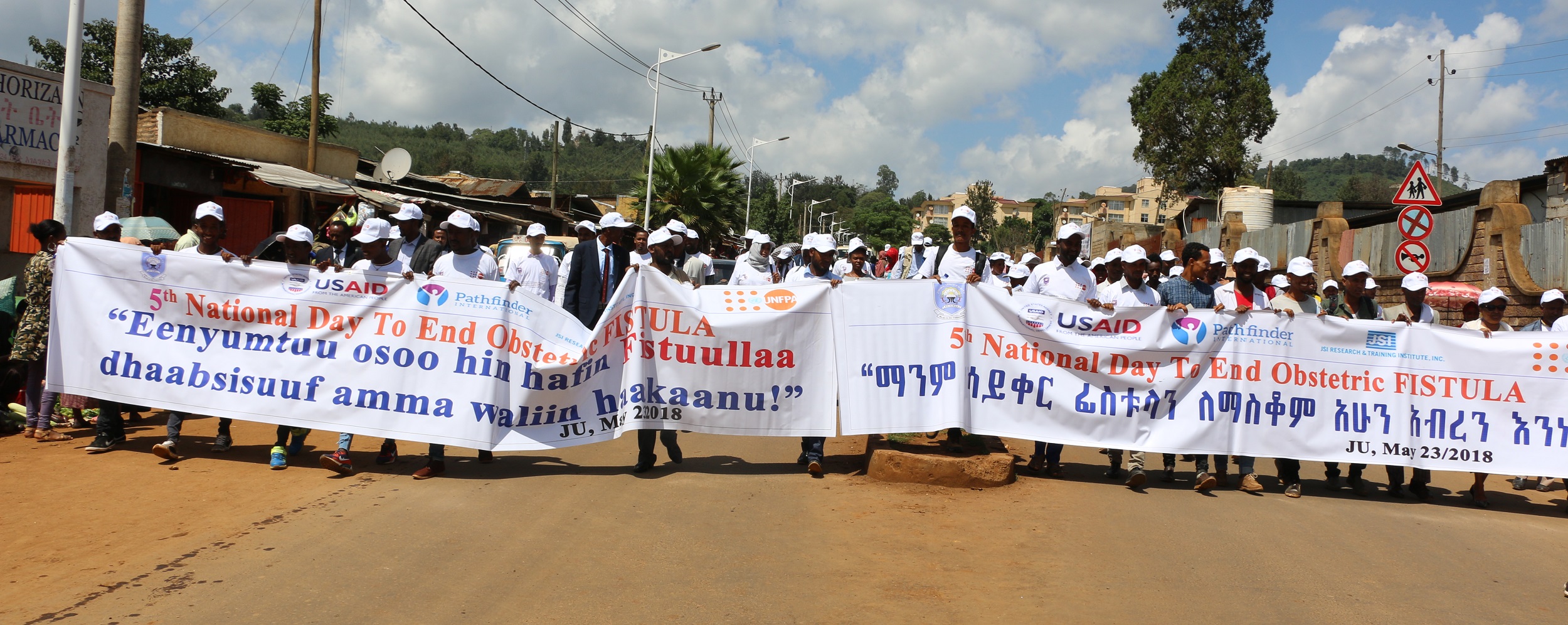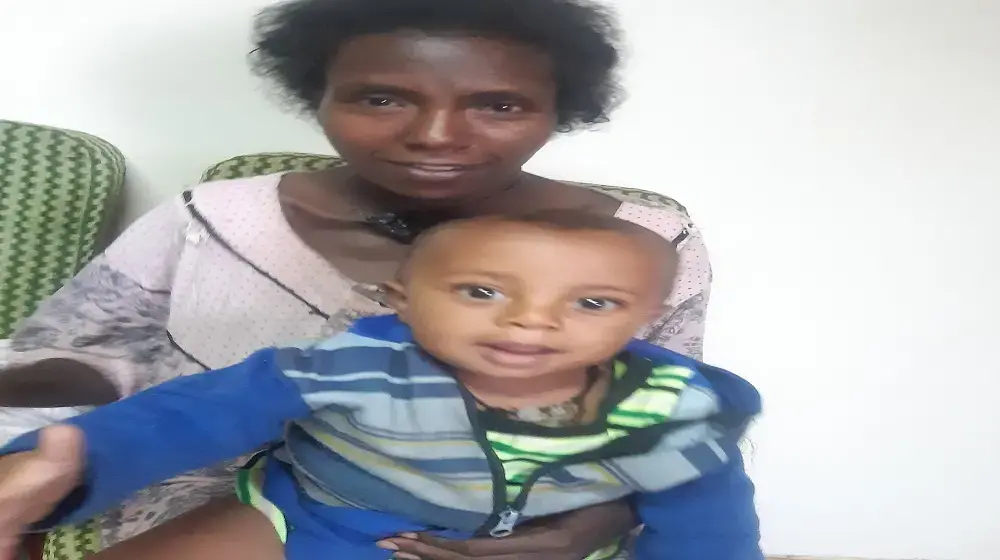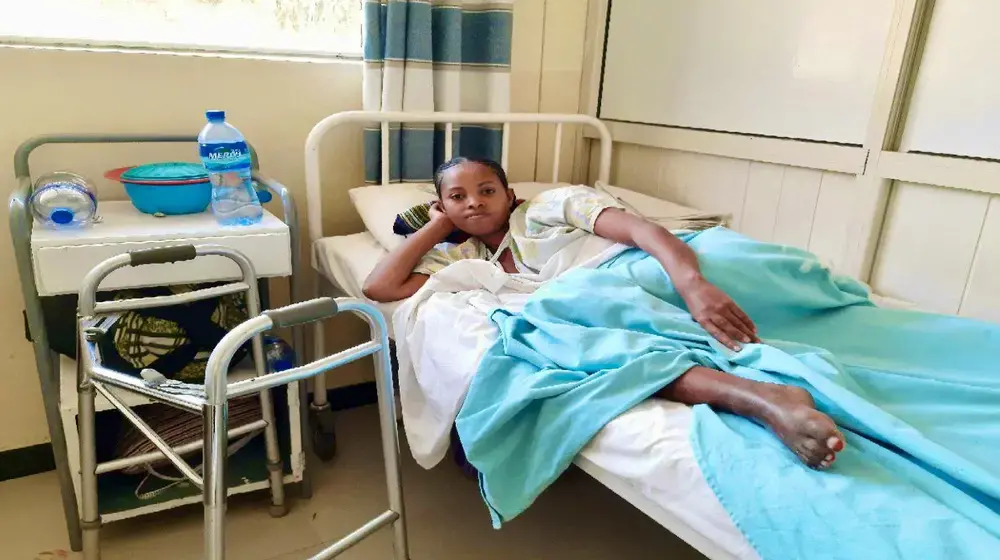The celebration of the International Day to End Obstetric Fistula on May 23 reaffirmed the need to strengthen collaboration and commitment in ensuring the success of the plan of eliminating obstetric fistula in Ethiopia by 2020. The day which was celebrated at the Jimma University promoted the global theme “Leaving no one behind: let us commit to ending fistula now!”
A presentation made by the Federal Ministry of Health on the occasion showed the efforts the country has been exerting through expansion of health services and training of health professionals in realizing the national Strategic Plan on Ending Obstetric Fistula by 2020. A call was made on all stakeholders to strengthen collaboration in realizing this.
The Government of Ethiopia launched a campaign three years ago to eliminate obstetric fistula by 2020. A 2013 study by USAID estimated that 36,000 to 39,000 women in Ethiopia are living with obstetric fistula, and that 3,300 to 3,750 new cases occur every year.
A two-pronged approach involving prevention and repair is being followed in the implementation of the campaign to end obstetric fistula. Currently fistula repair is being provided at the Hamlin Fistula Hospital and the 5 satellite fistula repair centres it is administering as well as the fistula repair centres UNFPA is supporting at Gondar and Jimma Universities and the Assela Hospital.
Training in obstetric fistula care has been integrated into the teaching programmes of the universities. Mid-level health professionals also learn to address fistula – and related conditions, such as uterine prolapse – through an in-service training programme. The Jimma University Medical Centre which hosted the event presented efforts made over the past 8 years in fistula repair.

A short walk was organized in the Jimma Town to advocate the message of the International Day to End Obstetric Fistula among the inhabitants of the town.
The International Day to End Obstetric fistula which was observed nationally for the 5th time brought together representatives of different stakeholders, fistula survivors, and members of the Jimma University community.





